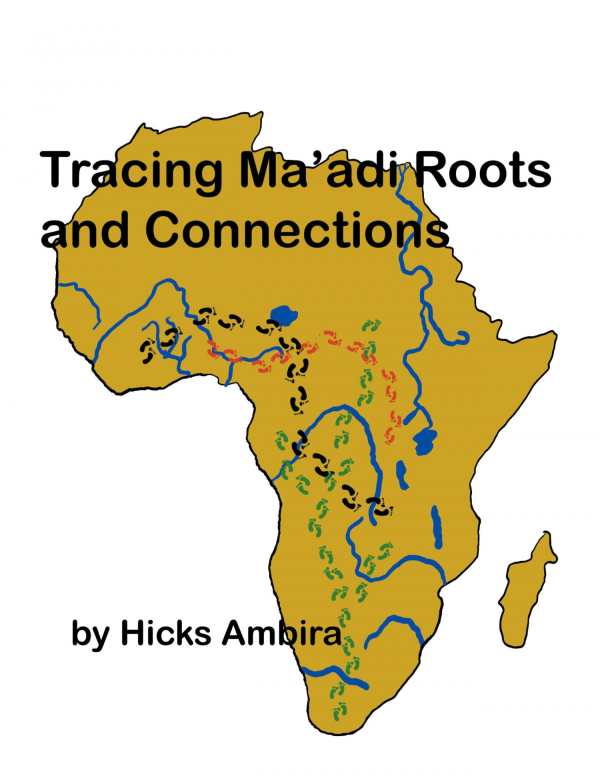Tracing Ma’di Roots and Connections
Tracing Ma’di Roots and Connections is a brief scholarly survey of the history, culture, and branching influence of Western Africa’s Ma’di people.
An academic monograph on the Ma’di people of West Africa and their diaspora across the continent, Hicks Ambira’s Tracing Ma’di Roots and Connections delves into history, culture, and modern struggles.
Originating centuries ago in the Sudanic Empire of West Africa, the Ma’di people have since dispersed across all of Africa and become integrated into far-flung tribes and ethnic groups, the book shows. It claims that the Ma’di language, culture, and naming traditions have influenced communities in northern and central Africa and South Africa, with examples as of Nelson Mandela’s being given names with Ma’di roots.
Moving beyond these diaspora tracings, the book also details Ambira’s childhood memories of growing up in Ma’di communities, collects traditional cultural beliefs and norms such as a prohibition on eating alone, and delves into a plan for creating more prosperous and peaceful relations between splintered groups of Ma’di-origin people.
Granular data is assembled in this study of the history and development of Ma’di influences across Africa. Countless tribes are shown to have either Ma’di’s origins or Ma’di influences, with words and names in Bantu, Yoruba, and Kwa revealed to have distinct meanings and ties to the Ma’di language. Charts and bullet points are used to organize these words—an entry point into a complex philological subject. Elsewhere, the book lays out historical details about repeated invasions, land grabs, and mass migrations that have impacted Ma’di societies and whittled away at their traditions since the nineteenth century. Such coverage is straightforward and chronological.
However, the book’s larger organizational choices muddle its presentation. Its chapters are unfocused, shifting between historical facts, personal memories, cultural practices, and suggestions for improving the lives of the Ma’di people. There is also drastic variation between the chapters’ lengths: Of the four chapters, the shortest is two pages long, while the longest is twenty. Chronology and dates are absent in the early parts of the book, and, despite the inclusion of an introduction, the Ma’di people are not presented as a singular group with unifying characteristics until midway through the text. Grammatical errors undermine the book further.
A scholarly survey of the history, culture, and branching influence of Western Africa’s Ma’di people, Tracing Ma’di Roots and Connections outlines the features of a complex society in brief.
Reviewed by
Willem Marx
Disclosure: This article is not an endorsement, but a review. The publisher of this book provided free copies of the book and paid a small fee to have their book reviewed by a professional reviewer. Foreword Reviews and Clarion Reviews make no guarantee that the publisher will receive a positive review. Foreword Magazine, Inc. is disclosing this in accordance with the Federal Trade Commission’s 16 CFR, Part 255.

